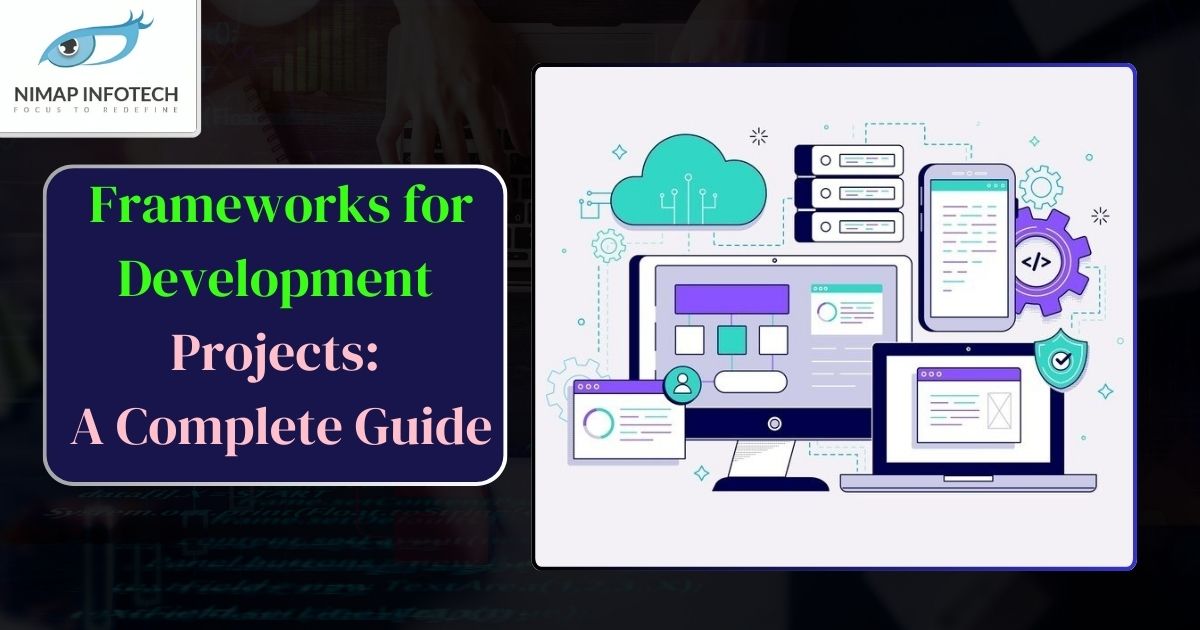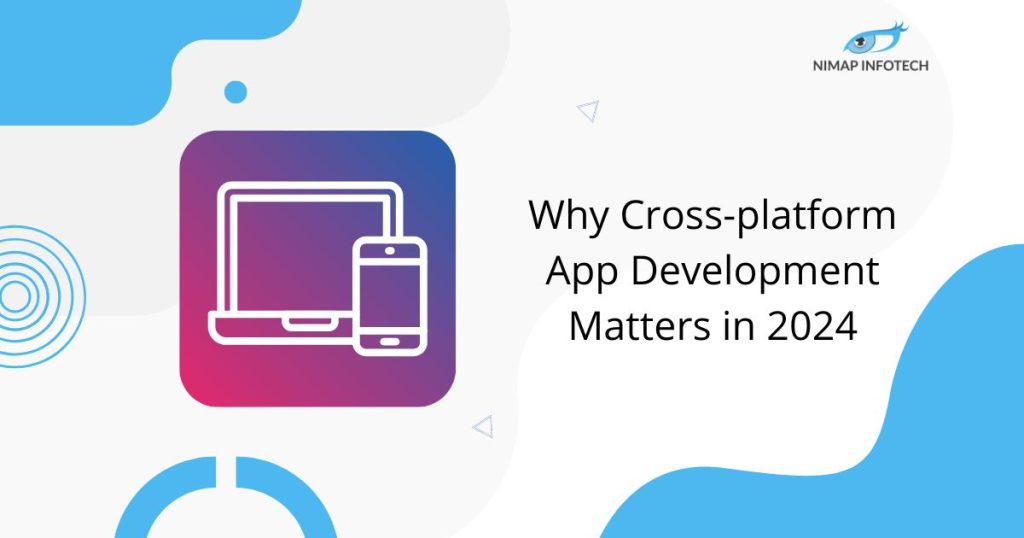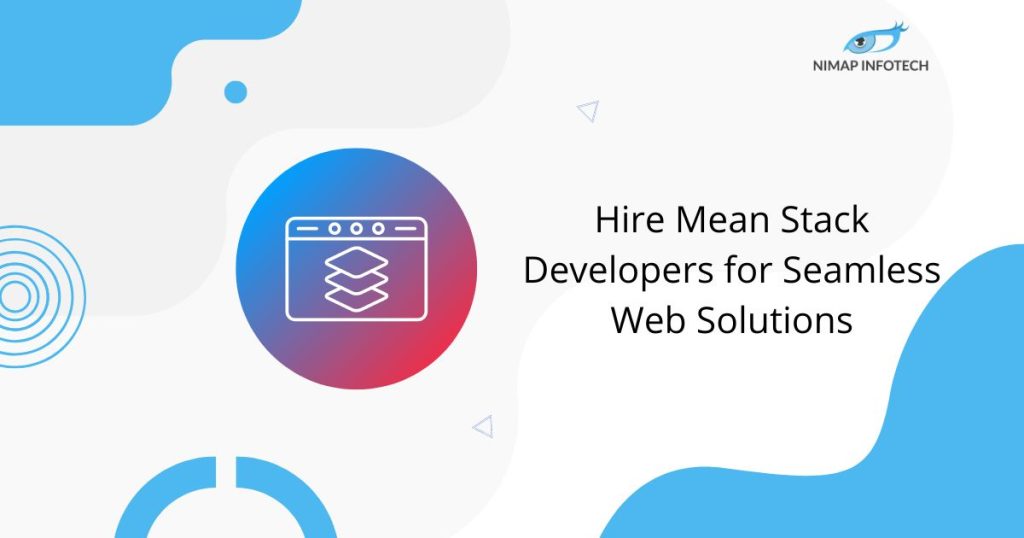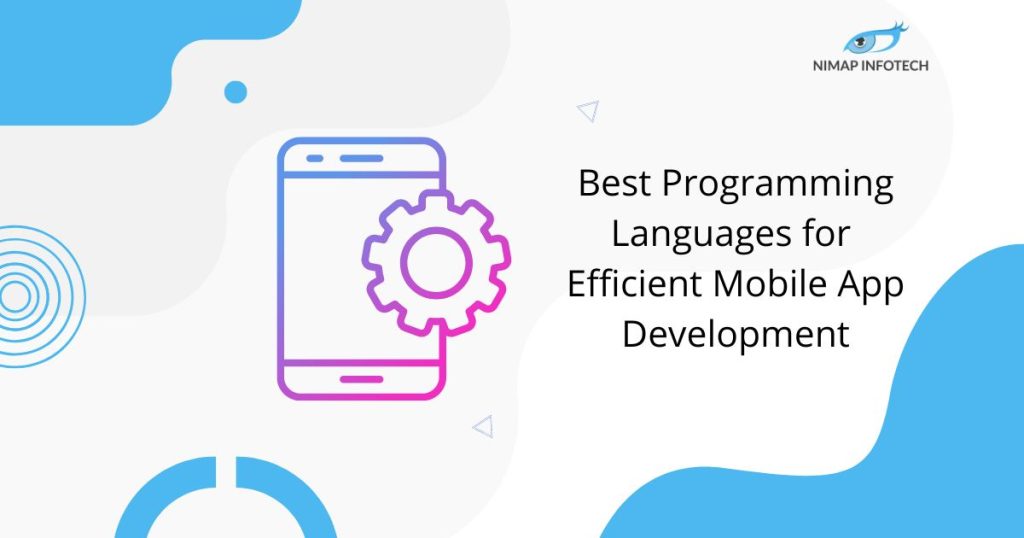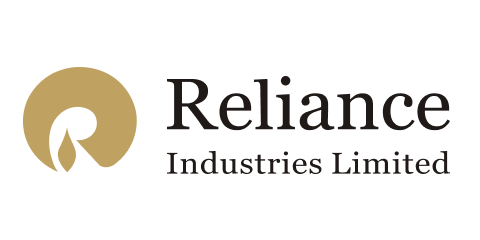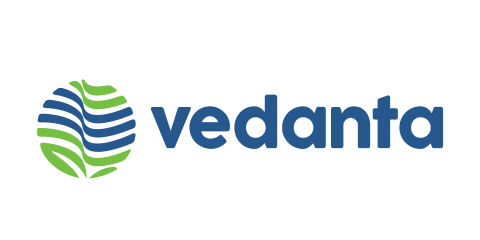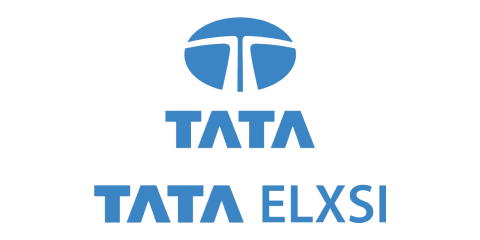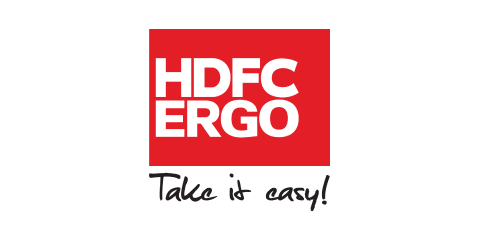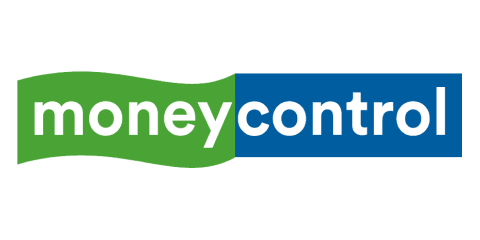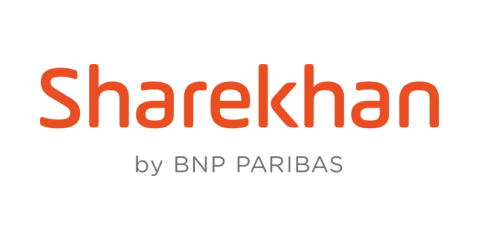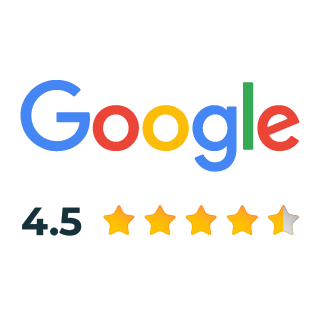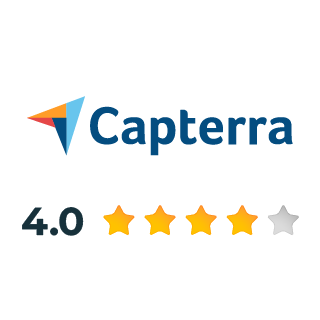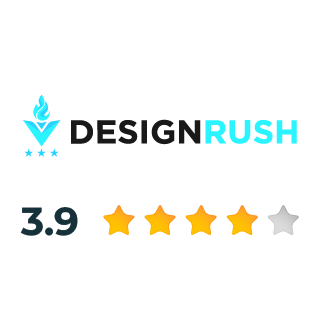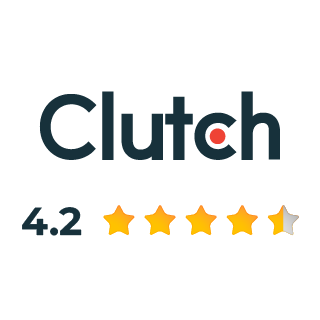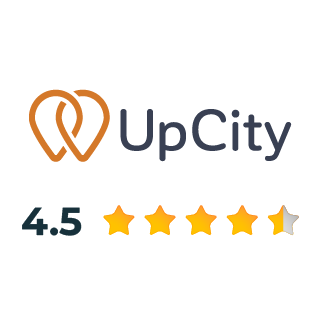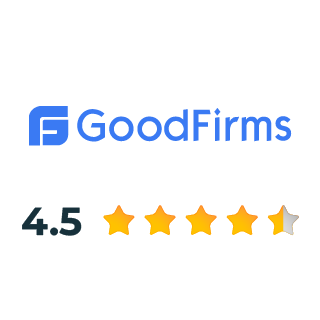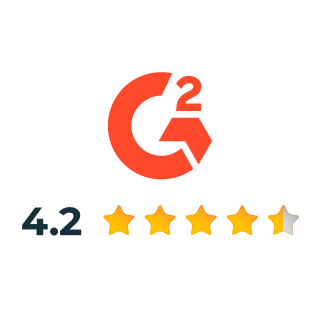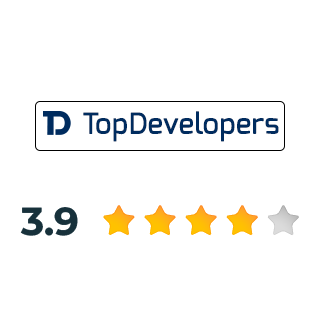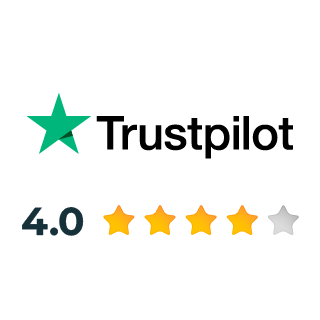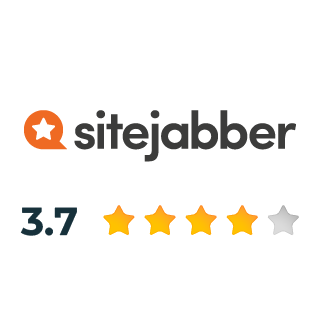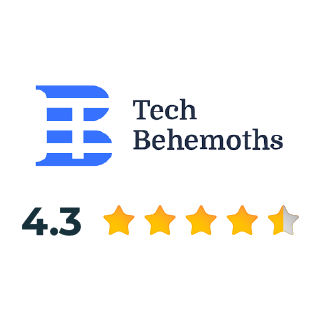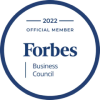Frontend and backend web app frameworks often create custom web apps with optimal performance.
Developers can make use of the benefits of a framework by choosing the right one to build scalable and reliable web apps.
To assist you in making a wise choice, we will examine the essential elements to take into account in this guide while selecting a web development framework.
What is a Web Application Framework?
Web application frameworks were developed to streamline development, reduce hand-coding requirements, and enhance app performance.
Web apps, which users can access from their browser, are interactive applications created with front-end and back-end web development tools.
The top web application framework supports various databases, provides static and dynamic templates, manages system users, assists administrators in user addition, editing, and removal, and maps URLs.
These are easy to code, less error-prone, blend in with the code seamlessly, and satisfy the requirement of combining several frameworks.
Different Types of Web Application Frameworks –
Software development frameworks provide developers with pre-written, standardized code that provides a dependable and reusable environment, serving as an outline for them.
Developers can efficiently design projects with specialized functionalities in this environment. Throughout the entire development process, frontend and backend frameworks have distinct functions.
User interface and user experience are handled by frontend frameworks, often known as client-side frameworks. They assist programmers in creating the user-interactive portions of the application.
Server-side frameworks, often known as backend frameworks, manage the operations of a web application. They work with databases, application logic, and server-side activities.
Understand Your Project Requirements:
- Selecting the best web development framework starts with knowing your project requirements.
- It can be difficult to choose a framework that supports your objectives if you don’t have a good grasp of the project’s objectives, complexity, and needed features.
Assess the Scope and Complexity:
- When starting a web development project, you should evaluate its scope and level of difficulty first.
- The job’s total page count and duration should be determined.
- The intricacy of a framework might vary based on the size of the project.
- If your project requires complex features, it is recommended to seek a framework that can provide them.
Also Read: Top Web Application Development Frameworks in 2023
Identify Specific Features and Functionalities:
- You need to first assess the scope and complexity of your project before breaking it down into its component elements.
- Order is necessary for a content management system (CMS) to function properly.
- Furthermore, you should search for a framework that includes built-in communication and update mechanisms if your project necessitates them.
Research Popular Web Development Frameworks:
- Researching web development frameworks is advisable, to begin with well-known options.
- The most popular frameworks are Django, Angular, Vue, and React.
- To find out more about these popular frameworks’ benefits, drawbacks, and possible uses, start here.
Evaluate Skill Set:
- The foundation of the software development process is a framework, which offers a collection of operating tools and a standardized environment.
- There are many different kinds of frameworks out there, and each has unique benefits and features.
- It’s critical to evaluate your development team’s skill set and experience with other frameworks to ensure they have the expertise required for the selected one.
Assess the Availability of Resources for the Chosen Framework:
- The development team’s skills should be evaluated based on the accessibility of tools, tutorials, and support for the chosen framework.
- Detailed documentation, online courses, forums, and vibrant development communities can all significantly lower the learning curve and the complexity of solving problems.
- Examining the quality and accessibility of the available learning resources is crucial before choosing a framework.
- Look for communities, tutorials, and official documentation anywhere where creators may actively participate and share their knowledge.
- Consider how frequently updates and maintenance are performed to analyze the framework’s long-term sustainability.
Top Benefits of Software Development Frameworks-
The choice of framework might greatly impact the success of your project. It can guarantee long-term viability, optimize the development process, and improve the application’s performance.
Efficiency:
- Frameworks let developers create apps more quickly by minimizing the amount of repetitious coding.
Security:
- The majority of frameworks come with built-in defences against frequent attacks.
Scalability:
- They frequently contain features and practices that expand with your application.
Support from the Community:
- Several well-known frameworks have sizable developer communities that can offer assistance, further the framework’s advancement, and produce helpful third-party libraries.
Code Maintenance:
- Code order and cleanliness are encouraged by frameworks.
- The program will be easier to update and maintain over time.
Front-end Frameworks –
React:
- React is a JavaScript user interface package that makes the process of creating interactive user interfaces (UIs) simple.
- Most people agree that one of the best front-end frameworks for 2021 is React.
- React creates self-contained, isolated components and assembles them to create intricate user interfaces.
- The declarative views of the system improve debugging and code consistency.
- Because React doesn’t assume anything about the other components of your technological stack, you can write new features in React without having to redo the current code.
Vue.js:
- Vue.js is an ecosystem that can be gradually adopted and scales from a library to a fully functional framework.
- Vue.js is a popular open-source JavaScript framework that simplifies web development, particularly for front-end web development and interactive interface development.
- Vue.js, emphasizing the display layer, seamlessly integrates into large-scale applications as a front-end development tool.
AngularJS:
- The most popular front-end framework and one of the javascript frameworks with the greatest growth is AngularJS.
- AngularJS allows you to extend the HTML language of your application.
- Extremely readable, expressive, and quick to develop is the final environment.
- Completely extendable and integrating seamlessly with other libraries, AngularJS is a set of tools for creating the framework that’s most suited for your application development needs.
Back-end Frameworks –
Node.js:
- Node.js, a renowned web development framework, serves as a foundation for popular frameworks like Angular and React.
- Node.js serves as a backend run-time environment that lets programmers load web projects with multiple functions running at once without slowing down or crashing the servers.
- It is a cross-platform, free, open-source runtime environment that supports JavaScript and the most widely used programming languages available.
Laravel:
- Developers have used Laravel, a web application framework with clean and expressive syntax, to create over 1.1 million websites.
- Undoubtedly one of the most widely used PHP frameworks, Laravel is a preferred option for a lot of website developers and companies worldwide.
- It simplifies and facilitates development for developers. You can even create five or six web apps with Laravel in a day or two.
Express.js:
- Express, a lightweight and adaptable Node.js web application framework, offers a powerful feature set for online applications.
- Express.js, a top backend framework, offers a light layer of essential web application functionality without hiding the well-known and cherished Node.js capabilities.
- Constructing a dependable API becomes swift and straightforward with access to an array of HTTP utility methods and middleware.
Read More: 10 Mobile App Development Frameworks in 2023
Final Words
Choosing the most widely used programming frameworks early on is crucial due to their maintainability, efficiency, security, and ease of use.
To help you select the ideal web development framework for your project, we have written this article. Before making a decision, it is essential to consider the benefits and the framework mentioned above. If you want to hire developers for a development project you can contact reliable custom application development services from Nimap Infotech. Our pre-vetted developers have successfully developed complex projects.
